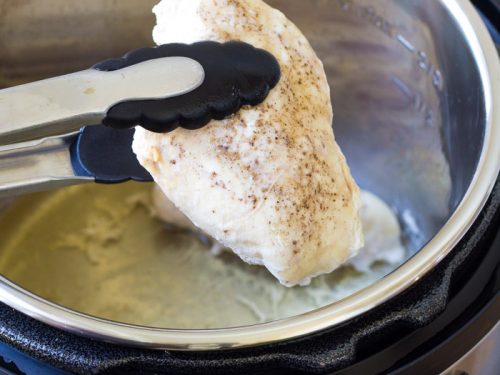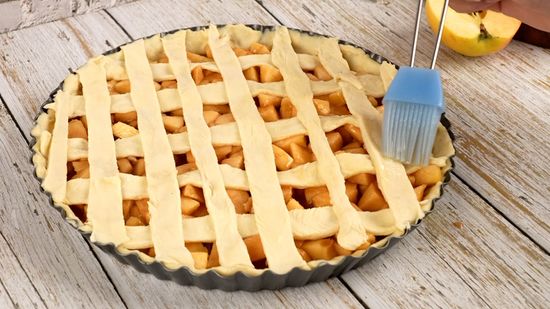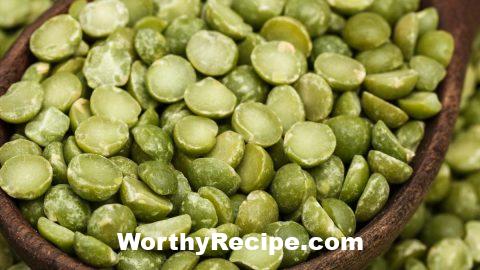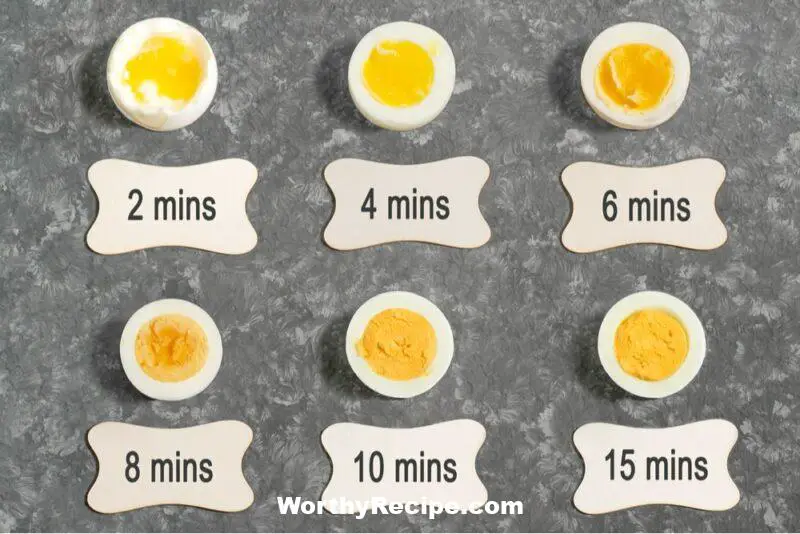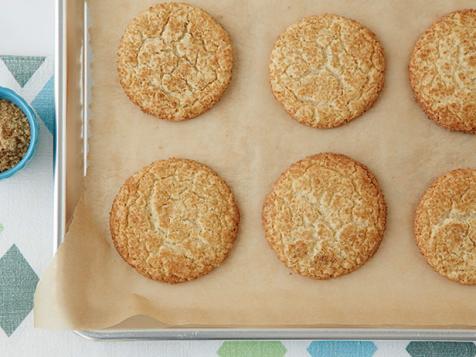When it comes to cooking chicken, measuring ingredients accurately is imperative. Knowing the weight of chicken is especially important as it can affect the outcome of a recipe. However, there’s often confusion about whether chicken should be weighed frozen or cooked. In this ultimate guide, we’ll go over everything you need to know about weighing raw, cooked, and frozen chicken.
Weighing Raw Chicken vs. Cooked Chicken
Raw chicken is often preferred by most chefs and cooks because it’s easier to measure, and you can ensure the accuracy of your recipe measurements. When chicken is cooked, it loses moisture content, making it lighter. So if you’re measuring cooked chicken for a recipe that calls for raw chicken, there’s a chance that your measurements will be off, leading to poor results.
The best way to avoid any inaccuracies in recipes is by weighing raw chicken. Raw chicken can be weighed out before it’s prepared for cooking. To do so accurately, you can simply use a kitchen scale.
It’s also important to note that factors such as cooking method and seasoning will affect the weight loss when cooking chicken, which can ultimately impact the overall taste and texture.
The Pros and Cons of Weighing Frozen Chicken
Frozen chicken is becoming an increasingly popular option for many cooks because it’s convenient to keep on-hand, has a longer shelf life than fresh chicken, and can be cost-effective. However, there are potential downsides to using frozen chicken.
- Pros:
- Convenience: Many people find it easier to store and have on hand
- Shelf Life: Frozen chicken has a longer shelf life
- Cost-effective: Oftentimes, frozen chicken is cheaper than fresh
- Cons:
- Water retention: Sometimes frozen chicken can hold onto excess water which adds weight
- Uncertain weight: It can be difficult to determine how much ice or water has clung to the chicken while frozen
- Potential health risks: Improper thawing or handling of frozen chicken can lead to bacterial growth, causing potential illness
The Benefits and Drawbacks of Weighing Cooked Chicken
Measuring cooked chicken by weight can be more precise than measuring by volume or eyeballing it using a measuring cup. However, there are still some limitations to weigh cooked chicken.
- Pros:
- Precise measurement: Weight provides a more accurate representation of how much cooked chicken you’re using in your recipe
- Cooked texture: The texture of cooked chicken can give a better idea of how much you’re using and also how it will taste alongside other flavors
- Safe for consumption: If the chicken has been thoroughly cooked, it is safe to consume, so there’s no need to worry about raw meat spreading bacteria in your kitchen.
- Cons:
- Time-consuming: Cooking takes time and weighing out cooked meat might add an additional step which can slow down the process.
- Limited shelf life: Cooked chicken tends to spoil faster than frozen or raw after cooking.
- Less accurate when weighed cold: Cold cooked chicken may not provide an accurate weight as opposed to warm chicken.
Methods of Weighing Chicken
There are different methods of weighing chicken depending on what is available. Similarly, whether to go for the metric system or imperial measurements will depend on personal preference.
- Weighing using a kitchen scale: This is the most accurate way to weigh chicken. A good digital kitchen scale can weigh portions of meat accurately, which can lead to more successful recipes.
- Estimating the weight visually: While not as accurate, it’s possible to estimate how much meat a recipe may need by eye-balling it. However, this approach won’t provide perfect accuracy results.
- Metric system vs.Imperial system: The metric system is widely used globally while the imperial system is used in most countries in the United States. The conversion between metric and imperial measurement continues to be a topic of debate depending on where you’re located.
How to Calculate the Weight of Cooked Chicken from Raw Chicken?
If for any reason, your recipe calls for cooked chicken rather than raw chicken, you can still follow these steps for accurate weight measurements :
- Calculate cooking yield: Determine how much cooked chicken you’d like to have at the end of cooking.
- Calculation based on moisture loss: Cooked chicken typically loses around 25% of its weight during cooking. To convert raw or initial weight into cooked weight, multiply by 1.33 (or divide the weight by 0.75).
- Adjusting recipes with cooked chicken measured by weight: If your recipe calls for 8 ounces of raw chicken and you have 6 ounces of cooked chicken leftover in the fridge, multiply the measurement required by the conversion rate. So 8 x 1.33 = 10.64 oz, thus you’ll need to use all of the 6oz plus an additional 4.64 oz to remain within the recipe’s requirements.
How to Measure the Weight of Frozen Chicken?
To measure frozen chicken accurately, it’s essential to know the factors that can affect moisture loss while it’s thawing:
- Freezer burn: This occurs when ice crystals form on the surface of the chicken from being exposed to air or left too long in a freezer.
- Ice or water clinging to meat: As we mentioned earlier, frozen chicken may hold onto an excess amount of water or ice adding more weight.
To avoid inaccuracies when weighing frozen chicken, here are some useful tips:
- Avoid refreezing thawed chicken : When defrosting frozen chicken make sure you cook it within a few days as refreezing can alter its texture.
- Salt after cooking: Wait until after cooking before seasoning with salt. Salt leaches moisture out of meat which can impact your weight measurements and also lead to dry meat.
- Weigh chicken while it’s still slightly icy: This will help reduce any potential errors caused by ongoing thawing during weighing, which can ultimately make it difficult to determine if your measurements were accurate.
The Risks of Improperly Weighing Chicken
Poor quality and inaccuracies in any recipe can lead to disappointment, but with chicken, it’s essential to watch for potential health risks. Specifically, bacterial infections and other health hazards can arise when cooking with improperly weighed chicken.
When dealing with raw or frozen chicken, ensure you use a clean surface and follow proper food handling procedures for your health and safety measure. Improper storage or failure to follow the correct thawing methods can also lead to contaminated food and illness.
FAQ about Weighing Frozen or Cooked Chicken
Below are some commonly asked questions about chicken weighing:
- Does freezing cooked chicken change its weight? Freezing cooked chicken may lead to a change in texture but not usually weight unless the chicken water was not properly drained before freezing
- How do I accurately weigh irregularly shaped pieces of chicken? One trick is by placing the meat on a flexible cutting board, pressing down lightly to conform it to the shape of the meat. Then use your kitchen scale following standard measurement protocols.
- Do I need to weigh the skin on or off?Weigh them together if this is how the recipe calls for it, otherwise weigh separately depending on how much thigh vs. breast meat requested in your recipe.
Conclusion
To achieve culinary success in your recipes, it’s imperative that you get accurate measurement of ingredients especially as cooking is both an art and a science.
In Summary:
- Weighing raw chicken is preferred by most cooks because you increase accuracy and can use this information for a wider range of recipes
- Frozen chicken provides added convenience but may also cause uncertainties in weight due to issues such as ice clinging onto the surface of the meat.
- On the other hand, cooked chicken gives a precise weight measurement but has a shorter shelf life and takes longer to prepare than utilizing raw chicken.
- Evaluating the pros and cons while weighing chicken will help you decide on the best option for you.
- Ultimately, no matter what cooking stage you’re weighing your chicken, it’s essential to follow proper-handling techniques to avoid potential health risks and obtain accurate measurements.
With this guide, now you’ll be able to measure your chicken like a pro.
Frequently Asked Questions
FAQ 1: Is it best to weigh chicken when it’s frozen or cooked?
It is highly recommended to weigh chicken when it’s raw or frozen because this provides the most accurate measurement. The weight of chicken can change when it is cooked due to the loss of moisture content and fat.
FAQ 2: How much weight does chicken lose after being cooked?
Chicken can lose approximately 25-30% of its weight after being cooked, depending on the cooking method, length of time, and temperature. It is important to keep this in mind when portioning out your meals.
FAQ 3: Should I measure chicken by volume or weight?
It is always recommended to measure chicken by weight instead of volume as this provides a more precise and accurate measurement. Additionally, the weight allows you to track your macronutrient and calorie intake more effectively.
FAQ 4: What is the best way to weigh chicken?
The best way to weigh chicken is by using a food scale that displays both ounces and grams. Simply place the raw or frozen chicken onto the scale and record the weight. Be sure to tare the scale (reset to zero) if using any type of plate or tray.
